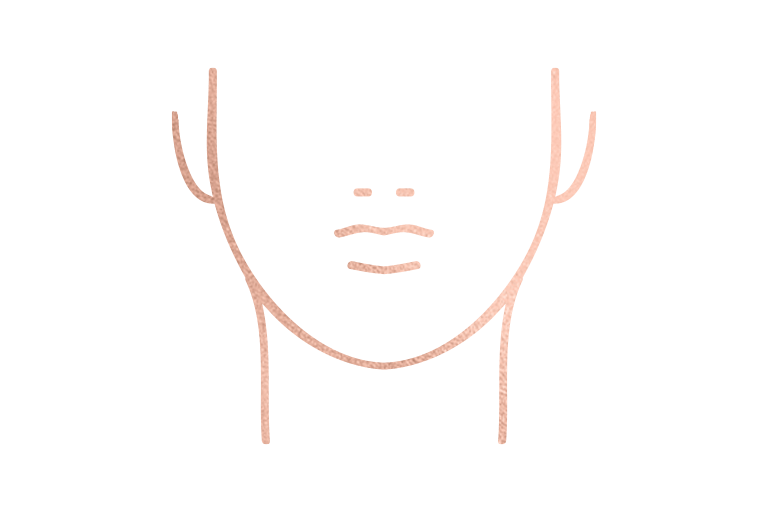What to expect
Collagen induction therapy incorporates an advanced motor-powered roller with microneedles that can be adjusted according to the patient’s needs.
Once the skin has been cleaned, the roller will be moved across the skin so that the needles can reach into the dermis and activate the skin’s natural healing response. Since most patients will experience some slight discomfort during their treatment, a topical numbing cream can be applied prior to the procedure to make it more comfortable.
There are two different types of infusion that can be used during collagen induction therapy:
Escar Grow Serum. A stem cell serum that contains hyaluronic acid is added to the microneedling device, which will stimulate collagen production and hydrate the skin
Factor4. To reverse the effects of ageing, the patient’s blood is incubated to create a formula that contains potent growth factors
Since the skin’s healing process is activated immediately, it means the perforations will be flooded with collagen and growth factors right after your treatment.
